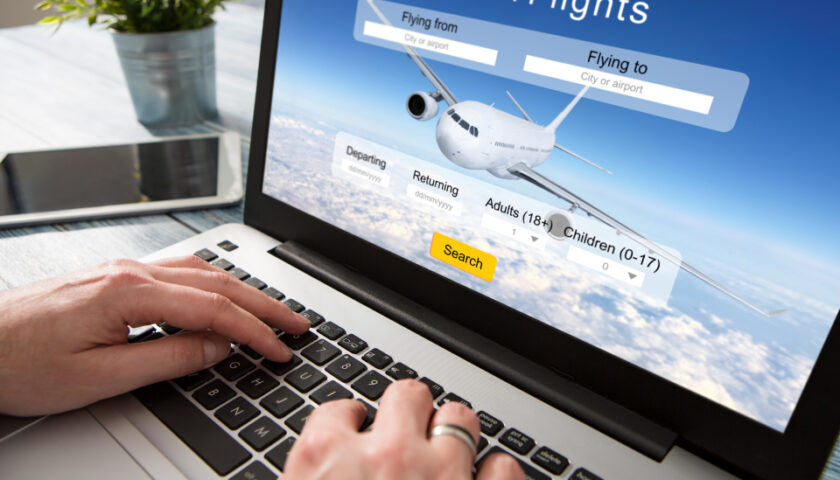There are many benefits of having your own vehicle when planning a tour to Europe. Having your own vehicle has many benefits; you can freely move anywhere, stop anywhere to enjoy the scenery, and reach other places easily compared to public transportation.
There are a few tips that you must follow before renting a car in foreign
Cost Of Renting A Car In Europe
Do proper research about the rates of automobiles before making any decision. Compare to see if there is a difference between weekly and daily rental costs to save your money. When making a pricing comparison, be sure to check the currency conversions.
It will cost you extra if you rent a car on Sunday, or with the driver, automatic transmission larger vehicle. You will also have to pay extra charges if you pick up the car at the airport. Consider all these points before planning your trip abroad and renting a car in a foreign country.
Do Your Research Before Renting A Car
When You’ve made your travel plans and even reserved your hotel reservation and flight reservation for visa. There are options in many cities to rent a car. There are different eligibility requirements for renting a car in different cities. License type and car rental agency all play a role in determining eligibility. Before making reservations, it’s a good idea to research the legal driving age and other regulations for the country you’ll be visiting.
Get Insured
Although insurance is typically included in rental automobile agreements, premiums can vary widely. When travelling abroad, it’s important to protect yourself with rental car insurance. But before you put pen to paper, inquire about international coverage with your current auto insurer. Check your credit card’s policy to determine if it includes insurance for car rentals paid for with the card.
To drive legally in your destination country, you must obtain automobile insurance that meets the country’s standards. Remember that the current insurance of your automobile will not provide you as much protection when you travel internationally. Whatever policy you choose, ensure it covers you in the event of a lawsuit.
Follow The Rules And Regulations
Before setting off on a trip abroad, always ensure you know all the driving customs. You must be familiar with the fundamentals of driving, like the side of the road to use for driving and how to read basic road signs and speed restrictions.
You should be aware of all the rules and regulations of the country before going out to drive with your rental car. The rental business, the country’s embassy or the consulate, or the country’s tourism office can all provide drivers with a copy of their driving laws before they depart.
Drive Safe
Always double-check a few items before setting up on the road.
Get your tank filled. Be cautious. You leave with a full tank to avoid additional costs. (Remember that the refilling fee might add up, so return it with a full tank.)
Look at the engine. Check the oil and windshield wiper fluid levels before setting off on your trip to avoid making additional pit stops.
Look at the tires. Check that all four are at the right levels of tension.
Check for wreckage. Verify that no previous tenants caused any harm that was not documented.
Sort out your documents. If you get pulled over by the police, be prepared by having a copy of the registration and knowing where the original is kept.
Find out how to get help quickly. Ensure you have the local emergency numbers for the nation you are going on hand.
Put on your seatbelts, even if it’s not required.
Read more related: How To Become A Schengen Citizen?
Confirm If Parking Included With Your Hotel
Before renting a car, verify the parking available at your accommodation, like at a hotel or apartment. You can also park your car at the hotel or outside the street.
There may not be enough parking for all of the hotel’s visitors, so it’s a good idea to find out whether you need to secure a parking space in advance if your hotel offers private parking.
Bottom Line
Never purchase a fully paid ticket; always use a dummy ticket for your Schengen visa. Suppose you purchase a fully paid ticket, and your visa gets rejected. In this case, your whole amount gets wasted, and you don’t get any kind of refund.





